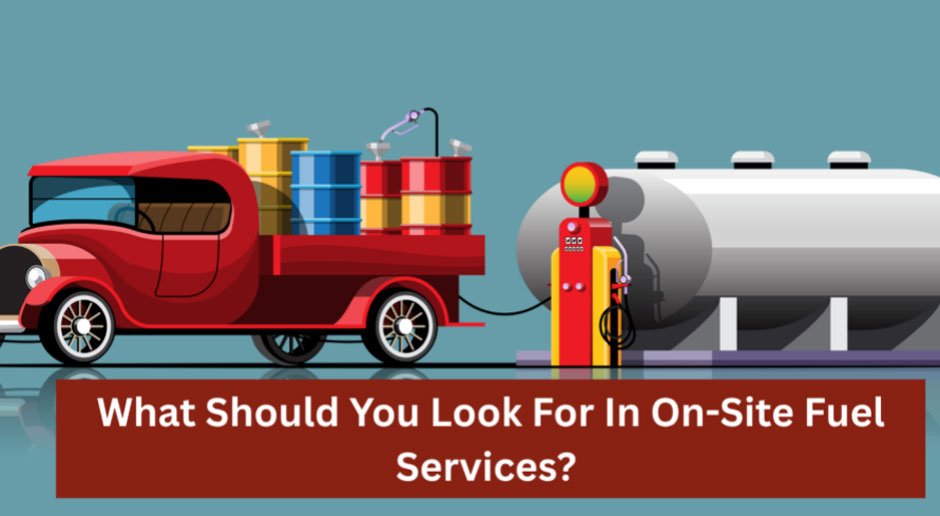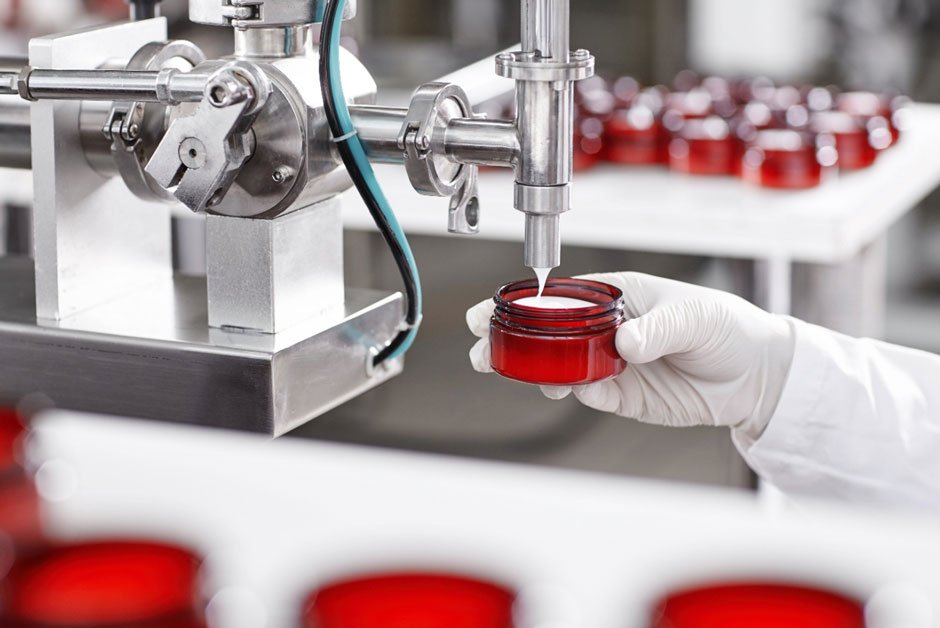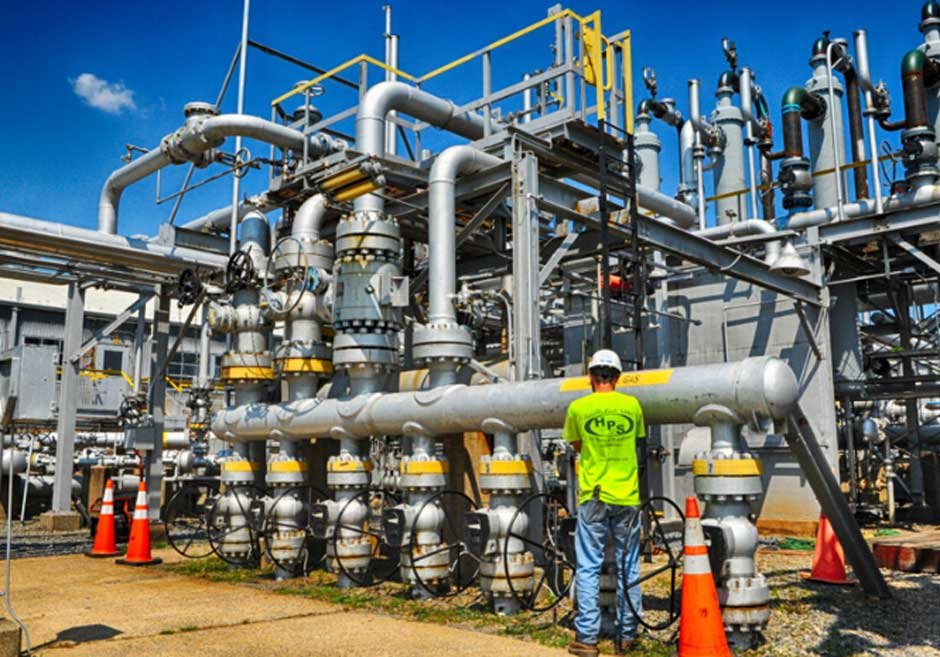Fuel enables businesses to operate day in and day out. It powers trucks, generators, heavy machinery, and all that makes a site move and become alive. When the fuel starts to dwindle, business comes to a standstill, deadlines pass, and costs start to mount.
That is why so many businesses rely on on-site fueling services today to stay on schedule.
These services bring fuel directly to where it’s needed, saving time, reducing stress, and having gear ready to roll. With reliable fueling on-site, there’s no need to send vehicles off-site or waste hours idling in line.
However, not all fuel suppliers are the same. What makes a good company different from a great one may affect your entire business. Selecting the right on-site fueling partner saves money, maximizes efficiency, and provides long-term peace of mind that your fuel requirements are always met.
This article examines what truly matters when selecting a reliable on-site fueling partner.
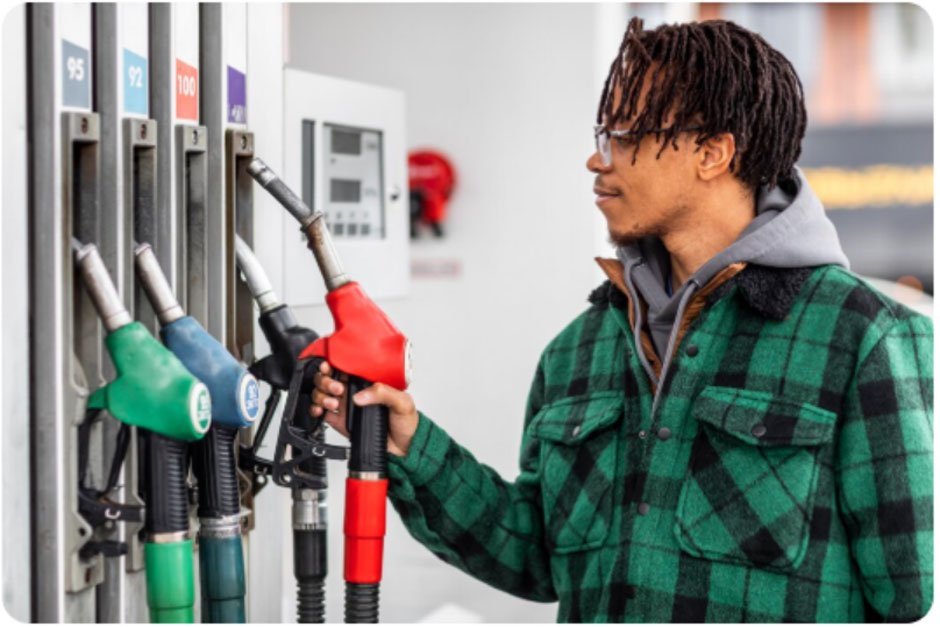
Table of Contents
Toggle1. Reliable Service
First, seek reliability. When your team starts at the crack of dawn or works throughout the night, you need a fueling firm that shows up on time, each time. A missed delivery can delay projects and result in financial losses. Guaranteed service ensures you have your fuel when you need it.
Good on-site fuel services have your calendar. They bring off-peak if needed. They work around your operation, not the other way around. A good provider is in contact with you, so you are always aware of when your next fill-up is planned.
Consistency creates trustworthiness. Companies that care about reliability have well-trained drivers and well-established logistics. They keep an eye on your fuel level and ensure tanks are never empty. This sort of reliability enables you to focus on your work instead of worrying about fuel levels.

2. Safe Handling and Professional Practices
The transportation of fuel must always be done with caution. Safety is not just for employees but also for the environment. The leading on-site fueling companies abide by strict safety protocols at all levels. They employ trained staff who are familiar with working with diesel and other fuels securely.
When choosing an on-site fueling service, ensure they have sufficient safety precautions in place. This is how they load, haul, and deliver the fuel. They must have safety-rated equipment and maintain their trucks in proper condition. Attention to small but significant details, such as spill prevention devices and regular inspections, indicates a company is concerned with safety.
Trained fuel handlers are also familiar with the local laws. They ensure compliance of all deliveries with laws and environmental regulations. Keeping safety as the top priority, your site is secure, and business runs smoothly, free from accidents or penalties.
3. Quality Fuel That Keeps Equipment Running Strong
Not all fuel is equal. The quality of what goes into your engines matters for performance and longevity. High-quality fuel burns cleaner, keeps engines healthy, and reduces maintenance costs. Poor-quality fuel can lead to clogging, reduced performance, and unexpected breakdowns.
A good on-site fuel provider sources clean and tested products. Whether it is on-road diesel, off-road diesel, biofuels, or renewable diesel, every gallon has to meet industry specifications. The provider should also properly store fuel to prevent contamination.
Some even offer additives or blended products that improve engine performance. This consideration of quality extends the life of your equipment. In the long term, it also improves fuel efficiency and lowers emissions. If the fuel is right, everything else performs better.
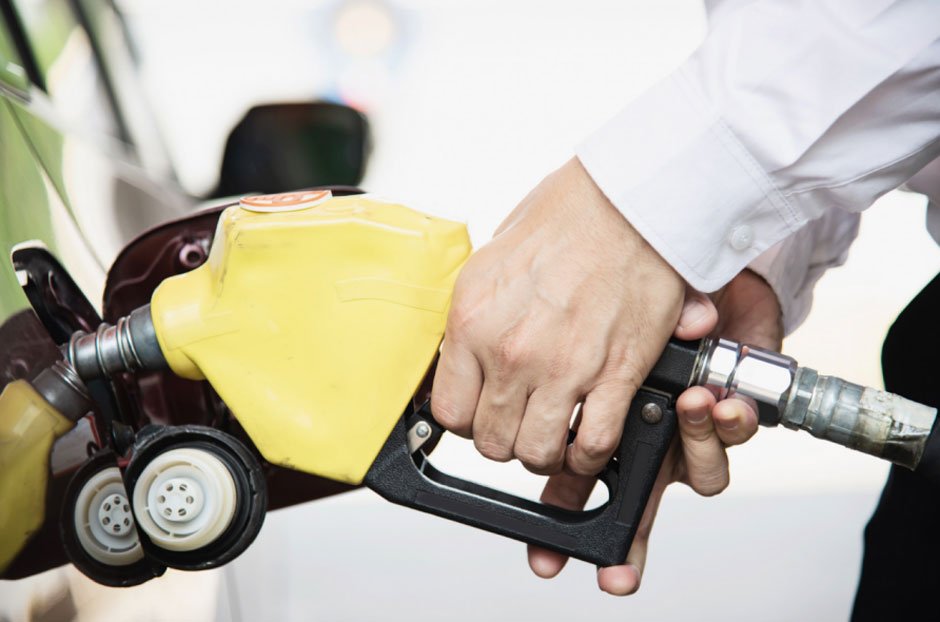
4. Flexible Solutions for Different Needs
Most businesses use fuel. Construction jobs, farming, fleets for transportation, and generators all function differently. A good on-site fueling company understands that and offers plans that accommodate each type of operation.
There are lots of variations on flexibility. It can be a weekly or daily refueling schedule, big or small fills, or mobile delivery for projects in remote areas. Others even offer tank leasing or emergency refueling during peak demand times. This kind of flexibility saves time and aggravation.
It also indicates that the company is interested in customers. They take the time to learn about your operation and create the best fueling plan. This collaborative approach works for both parties to excel. If your fuel service aligns with your speed of travel, your operations remain consistent regardless of the conditions.

5. Technology and Tracking That Keep You In Control
In the modern world, technology streamlines everything, and fuel management is no exception. The finest on-site fuel services employ sophisticated systems to monitor usage, track deliveries, and make real-time updates. These resources enable you to plan more effectively and avoid surprises.
Electronic reports show the amount of fuel used by each tank or vehicle. This enables the observation of patterns and the identification of ways to reduce waste. Some suppliers provide online dashboards, allowing you to view delivery schedules, invoices, and usage reports from a single location. Carrying them in your pocket saves time and facilitates wiser decisions.
Technology brings in transparency, too. You can see when deliveries are done and verify everything matches your records. Knowing exactly how much fuel you are using creates confidence in the service and helps with budget planning. A technology-investing fuel partner demonstrates commitment to accuracy and efficiency.
Final Thought
Selecting the best on-site fuel services company involves much more than acquiring fuel. It involves having a dependable partner who enables your business to run 24/7. You should look for concern, reliability, safety, and quality in every interaction. An excellent fuel company does not simply provide fuel; they provide peace of mind.
Operational efficiency is achieved when a team understands your business, values your time, and meets your needs. With fuel, your goals are in sight, your staff is productive, and your equipment is operational.

